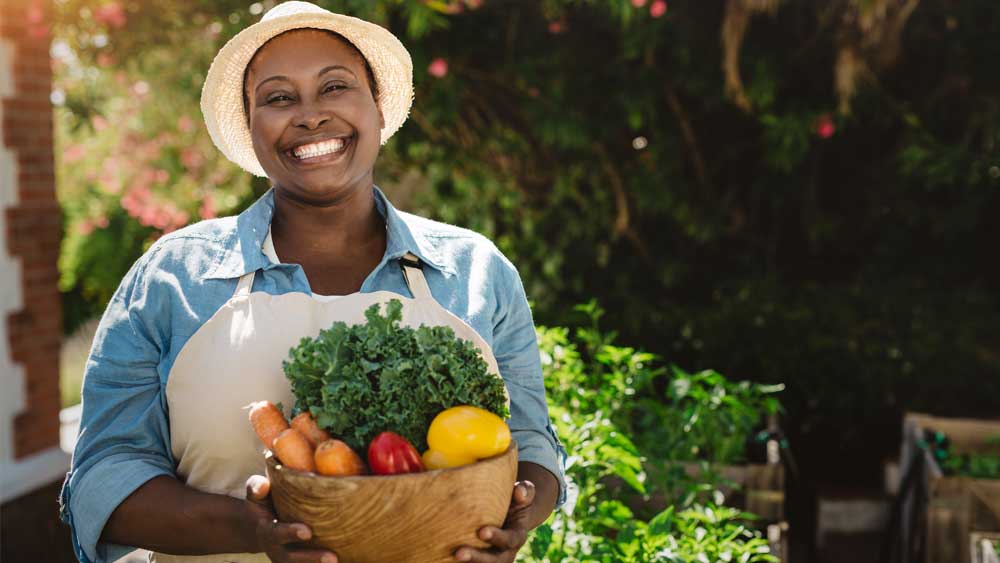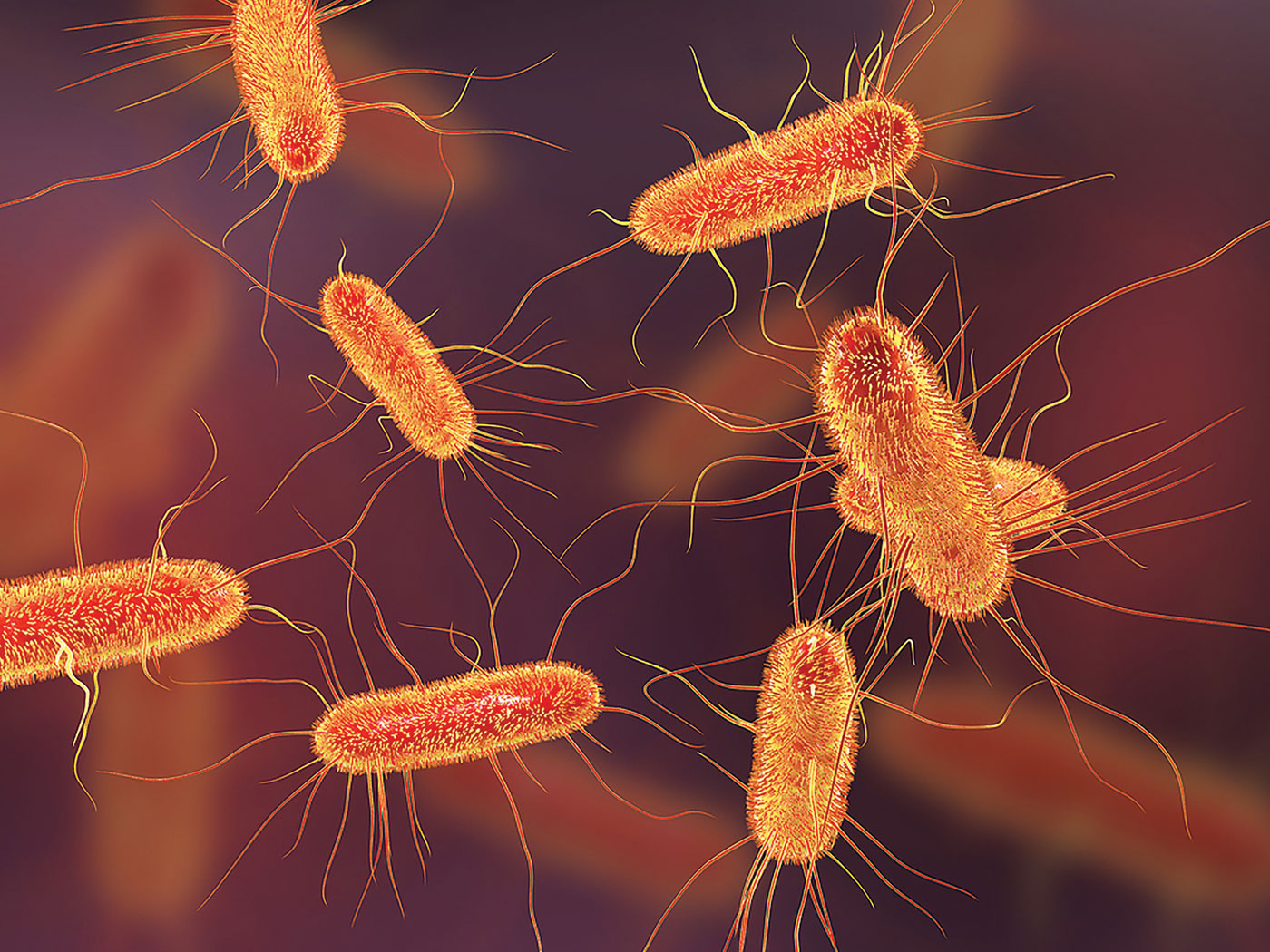You probably have noticed over the last several weeks that your visits to the local store have demonstrated a new phenomenon—empty shelves in many parts of the grocery department. Initially, major grocery chains assured their customers that they were working hard to keep their supply as close to demand as they could, and that no one should be worried about problems in the supply chain causing bare shelves. But recently, more and more news outlets are pointing toward potential long-term consequences of a shortage of supply on the supermarket shelves. This likely will not be due to increased demand by panic buyers but because of various food processing companies and even commercial farms being shuttered or having shortages of laborers.1
One article describes how the COVID-19 outbreak is causing a reduction in the number of available workers needed to sufficiently harvest the crops that are nearing the ripening point in the next few weeks. This is due to many migrant workers, who make up a significant portion of the commercial farming labor forces, being either sent back to their respective countries or barred from entering the U.S. to work the impending harvests. In this case, it’s not a shortage of crops, it’s a shortage of labor to harvest those already planted crops.2
A pork-processing company raised concerns as it shut down one of its highest output plants in the U.S. due to a coronavirus outbreak among its employees. This is just one example of many cases where large-scale food processing facilities have been closed temporarily due to having COVID-19 infected workers.3 Recent headlines also tell of dairy farmers who now are having to trash the milk their cows are producing because there aren’t enough dairy processing plants open to accept and process the raw milk.4, 5
So what should we do if there is a real chance that the food supply chain may begin to have a strain on it, causing difficulty in obtaining products we normally would be used to purchasing?
Proverbs 22:3 says that the wise man can see danger ahead, and he hides himself, or takes precautions to avoid that danger, but the foolish person continues on and ends up in a precarious and dangerous place.
Let me suggest just one wise, practical, and easily attainable way we can help reduce our dependence on the supply chain, and it will help us stay healthy. We may not have a sufficient labor force on the commercial farms in our country during the time of harvest, but we can certainly plant our own food crops, whether that’s in a large backyard garden or in a patio container garden. Many people are now urging for a resurgence in the “Victory Garden” campaign from the days of turmoil during World War II.6 This small effort on the part of any who are able to do so will help not only with easing the strain on the food supply chain but also will help cultivate less dependence on such a fragile system and a greater dependence on the One who made everything.
Getting a little dirt under your fingernails and growing a garden brings many additional benefits. The fruit of your labor enables you to know exactly where your veggies, fruits, and herbs are coming from, and you also have the opportunity to share them with your family and neighbors (doesn’t everyone love zucchini squash?). We can also learn an important lesson from the garden: our lives are in God’s hands, and He is the ultimate Giver and Sustainer of every good thing.
Maybe the thought of growing your own garden intimidates you, but it can be worth the effort to give yourself a chance at developing a green thumb. And many great resources are available to help you. Some of my favorite gardening resources include Mel Bartholomew’s Square Foot Gardening method for those who have very little space to work with, whether that’s a backyard garden or a small patio garden.7 The container gardening concept has also become quite popular for those who are limited to just small sections of space.8 And a film called Back to Eden is produced by a gentleman who expressly honors God as the Creator as he suggests how to set up a garden that is low-maintenance, high-yield, and uses methodologies that are consistent with the design we see in ecological systems in the natural realm.9 You can find many other resources out there, but these are some of my favorites that have been helpful to me.10, 11
Hopefully these potential food shortages will be only temporary.12 But let’s consider how in this time of crisis we can show our faith in God by planting, watering, and fertilizing seeds and plants, and trusting Him to give His blessing in the increase. We can also use this opportunity to connect better with our neighbors and teach our children valuable lessons about life and the Giver of Life, and we will be healthier physically and spiritually because of it. So get out there in the sunshine, pray for God’s blessing on your efforts, and get things growing!
References
1. Trompiz, G. Explainer: How the Coronavirus Crisis is Affecting Food Supply. Reuters. Posted on Reuters.com April 2, 2020, accessed April 17, 2020.
2. Knapp, T. By the Time We’re Hungry, it May Be too Late. Posted on thegarrisoncenter.org March 31, 2020, accessed April 17, 2020.
3. Welshans, K. Smithfield Foods to close Sioux Falls plant indefinitely amid COVID-19. Supermarket News. Posted on supermarketnews.com April 13, 2020, accessed April 17, 2020.
4. Almeida, I. et al. Farmers are panic-buying to keep America’s 95 million cows fed. Microsoft News. Posted on msn.com April 8, 2020, accessed April 17, 2020.
5. Wiener-Bronner, D. Why farmers are dumping their milk. CNN Business. Posted on cnn.com April 15, 2020, accessed April 17, 2020.
6. Rao, T. Food supply anxiety brings back victory gardens. The New York Times. Posted on nytimes.com March 25, 2020, accessed April 17, 2020.
7. Learn more about Square Foot Gardening here.
8. For more info, go here.
9. Learn more about how you can go “back to Eden” in your gardening.
10. The inclusion of these resources does not necessarily imply ICR endorsement of their content or views.
11. This author grew up in a family that gardened. Both his mother and maternal grandmother taught him many valuable lessons and skills through the years as they grew vegetables, fruit trees, and culinary herbs. This author is thankful for the blessing of learning more about God’s created world through the things he learned from these skillful women, and plans to teach his own son some of these same skills as he grows older.
12. Sternlicht, A. Yes, the U.S. could face minor, local food shortages, but they will be temporary. Forbes. Posted on Forbes.com April 15, 2020, accessed April 17, 2020.
*Joel Kautt is an Event Coordinator at the Institute for Creation Research.

Pork, Produce, and Planting for the Future
The Latest
Giant ''Meg'' Shark: Longer and Leaner?
Fossil remains of the giant shark Otodus megalodon have been found in Miocene1 and Pliocene2 rock layers, which ICR scientists...
CREATION.LIVE PODCAST
Searching for Truth Across the Globe | Creation.Live Podcast:...
How can we bring the Gospel of Jesus Christ and the truth of creation to others outside our small spheres of influence?
Host...
Marine Mammals: Designed for Deep Diving
While you’re reading this, hold your breath. What is now happening is your blood is delivering the last of oxygenated blood cells to your tissues...
CREATION PODCAST
Humanity's Demise at the Hands of Genetic Entropy | The Creation...
Welcome to the fourth episode in a series called “The Failures of Old Earth Creationism.” Many Christians attempt to fit old earth...
''Inside-Out'' Fossil is Amazingly Preserved
It is widely known that vast numbers of fossils—vertebrate and invertebrate—have been discovered incredibly well-preserved.1,2...
The Resurrection and the Origin of Life
At Easter time we focus on the cardinal Christian doctrine of the Resurrection. Without the Resurrection, Christianity is a sham. The truth that Jesus...
Is an Ancient Extinct Tree-Dweller Our Relative?
Human evolution has always been hazy with seemingly as many attempted explanations for how we evolved from animals as there are paleoanthropologists.
Evolutionists...
The Return of the Dire Wolf?
There’s been much recent excitement about the birth of three dire wolf (Aenocyon dirus) puppies by a Dallas-based biotech company: Colossal Bioscience....
CREATION PODCAST
Cracks in the Layers: Lake Suigetsu and the Old Earth Illusion...
Welcome to the third episode in a series called “The Failures of Old Earth Creationism.” Many Christians attempt to fit old earth...
Fish Fossil Vomit
A rather unsavory news story recently appeared regarding fossilized vomit. Although it’s hardly dinner table conversation, it nonetheless supports...





















